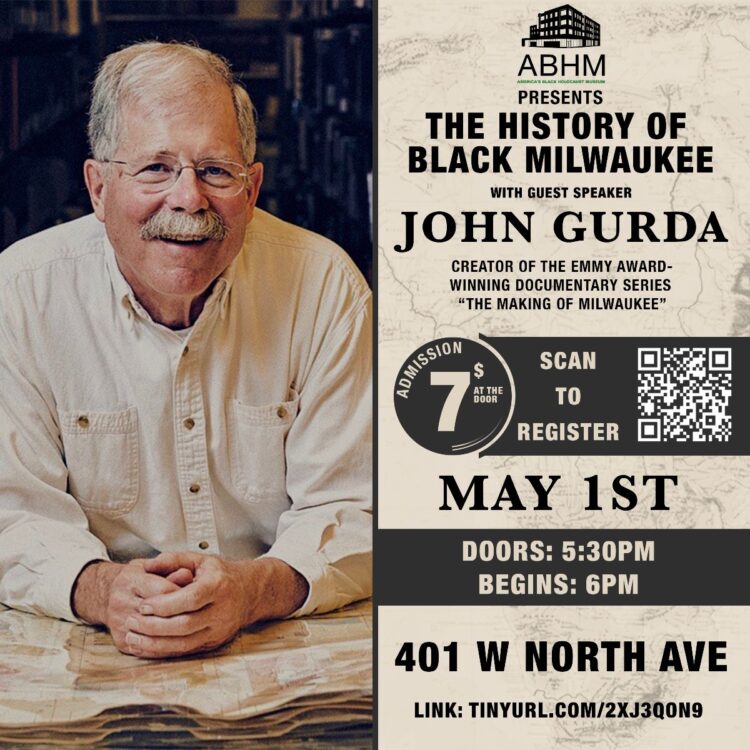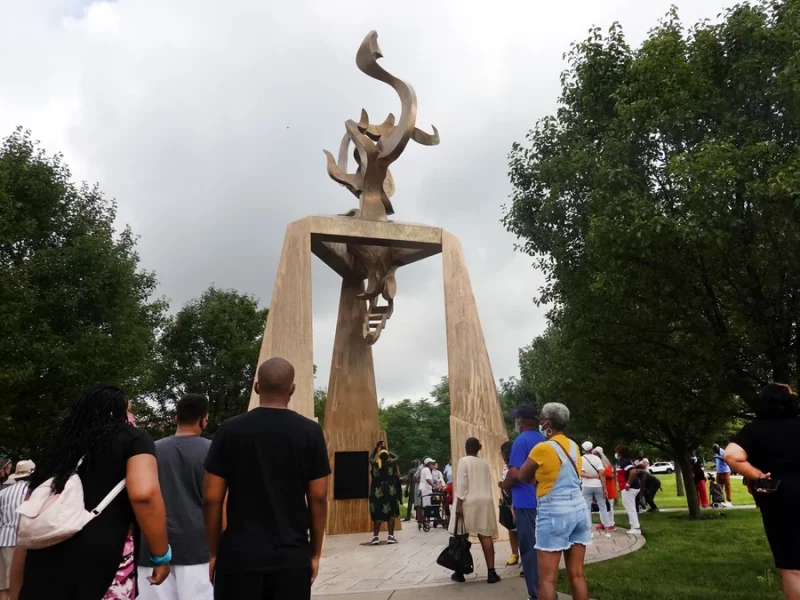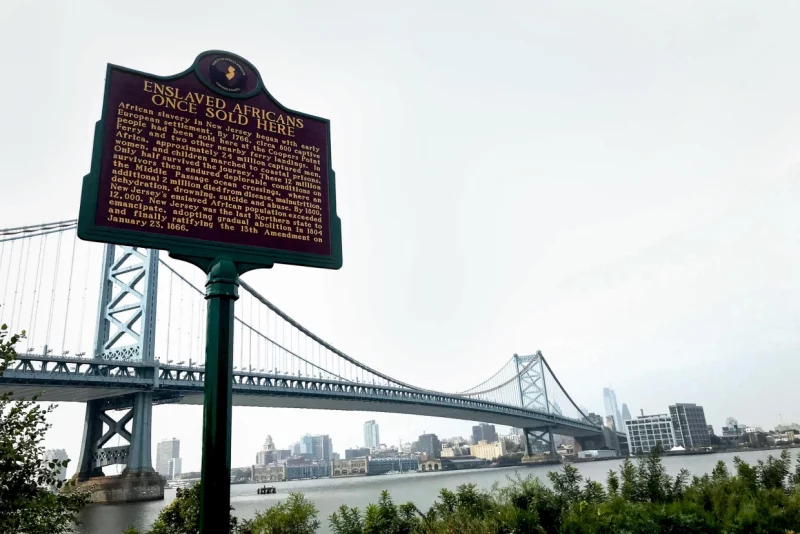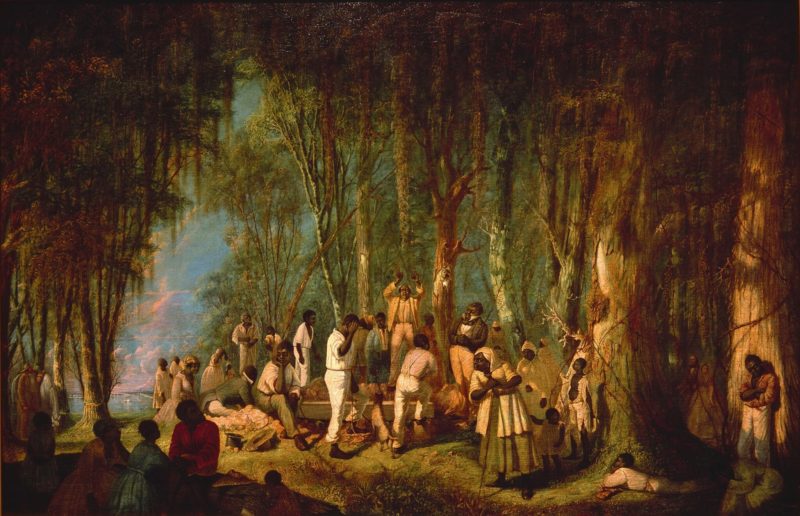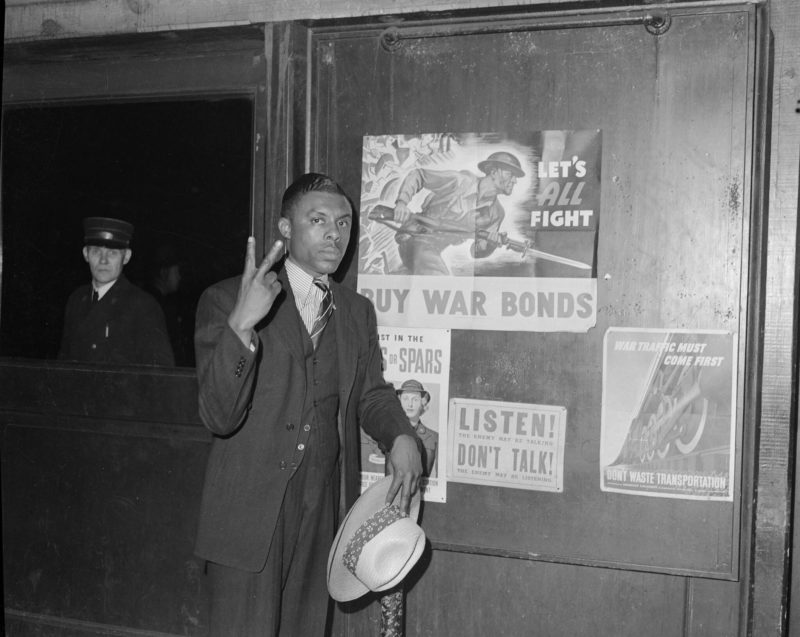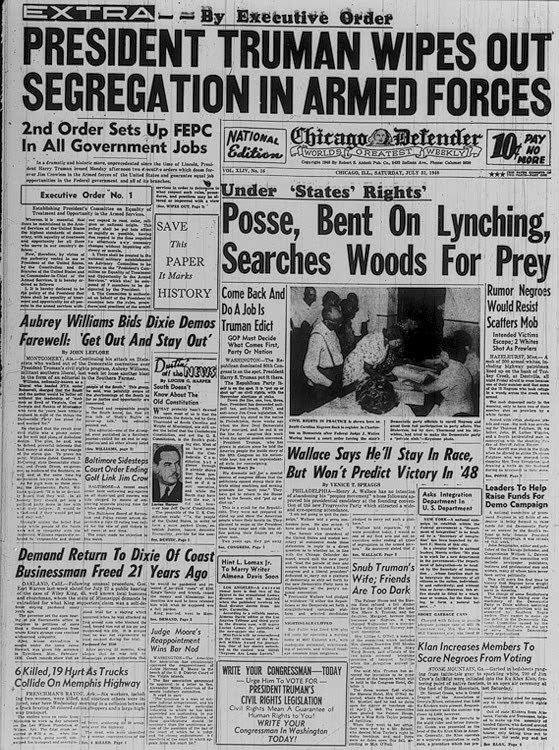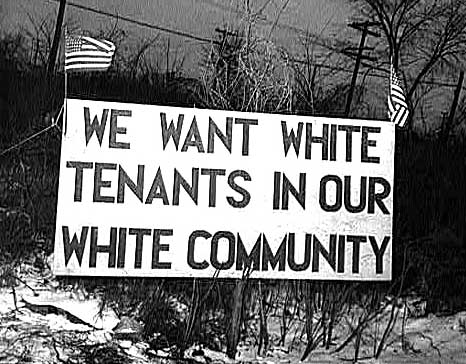Posts Tagged ‘Great Migration’
History of Black Milwaukee Presented by John Gurda
ABHM is excited to announce that John Gurda will be presenting some of this expansive history that he has researched over the course of his career at the museum. There have been Black Milwaukeeans for as long as there’s been a Milwaukee. African Americans were present when the future metropolis was just a fur-trading post, and they grew with the city during its rise as a hotbed of abolitionist activity, an industrial powerhouse, and a haven for immigrants. The group’s numbers soared during the Great Migration of the twentieth century, and Black Milwaukeeans are the city’s largest single cultural group today. Unfolding over nearly two centuries, their story is an inspiring chronicle of struggle, resilience, and pride.
Read MoreHow the ‘Black Metropolis’ made a comeback
Black urban centers like Chicago’s Bronzeville once thrived in America, and they’re on on their way up once again.
Read MoreGovernor Murphy Signs Bipartisan Bill Establishing Black Heritage Trail in New Jersey
New Jersey has passed a bill that will create a Black History Heritage Trail dedicated to the state’s historic Black figures.
Read MoreBlack Spirituals as Poetry and Resistance
Poetry created by by African-American’s documents the history of oppressions and death Black people for century have endured.
Read MoreThe Challenge of Black Patriotism
African-American patriotism is complex, with the combination of national pride with the cruel injustices African-Americans’ face
Read MoreHow the Obsidian Collection is Bringing Black Newspapers to Google
The Obsidian Project is digitizing black press from the Great Migration, Civil Rights, and Jim Crow era and making virtual exhibits available to the public for free.
Read MoreFrom 15 Million Acres to 1 Million: How Black People Lost Their Land
In 1900, formerly enslaved Black people and their heirs owned and farmed 15 million acres of land. Now, Black folks are only 1 percent of rural landowners in the U. S., and under 2 percent of farmers. This is a story of economic disenfranchisement and theft, murder and deceit. The Center for Heirs’ Property Preservation is helping African Americans retain rightful ownership of their lands.
Read MoreBy Us, For Us: The Crucial Role of the Black Press
This exhibit gives a short history of the black press, some of the important journalist involved, and the vital role it has played in advancing the ideals of American democracy and supporting African American identity and culture.
Read MoreSundown Towns: Racial Segregation Past and Present
A sundown town is a community that for decades kept non-whites from living in it and was thus “all-white” on purpose. Sundown towns are rare in the South but common in the rest of the country. Learn why sundown cities, towns, suburbs, and neighborhoods developed–and how they continue to shape the lives and relationships of black and white Americans today.
Read MoreHistory of Lynchings in the South Documents Nearly 4,000 Names
On Tuesday, the Equal Justice Initiative in Montgomery, Ala., released a report on the history of lynchings in the United States, the result of five years of research and 160 visits to sites around the South. The authors of the report compiled an inventory of 3,959 victims of “racial terror lynchings” in 12 Southern states from 1877 to 1950.
Read More